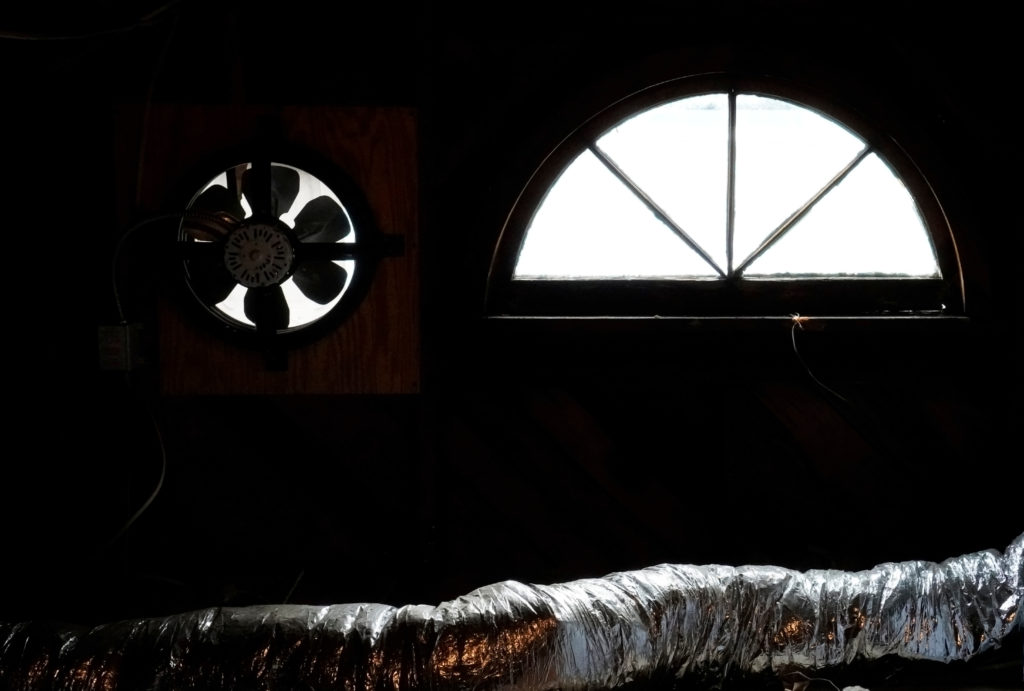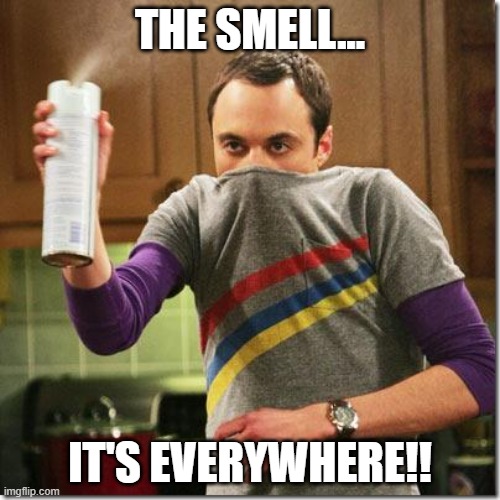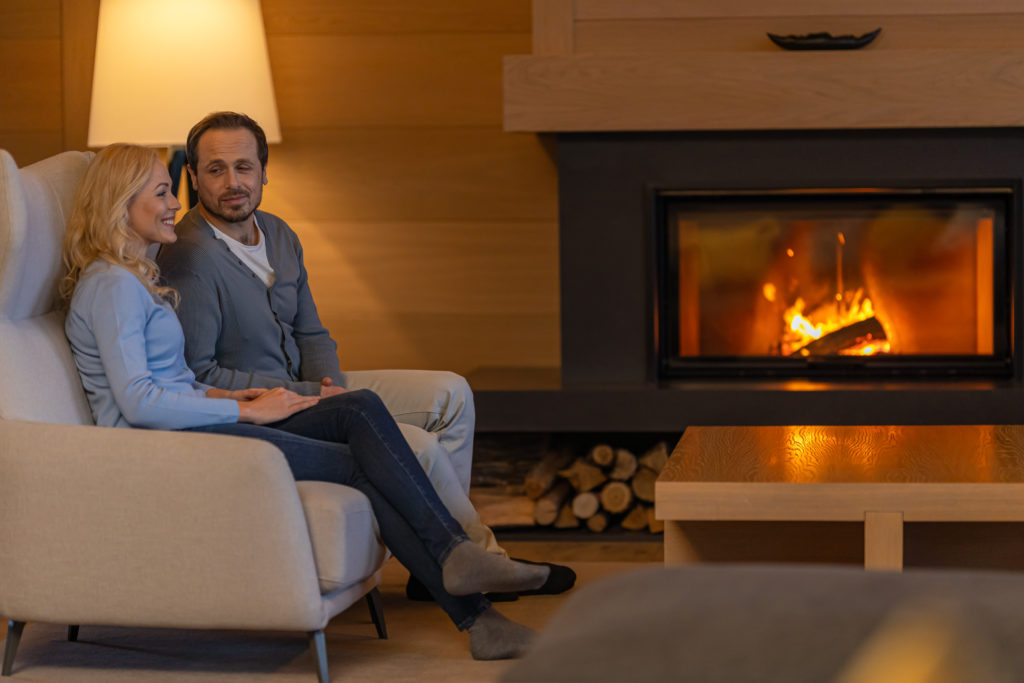
Does a Whole House Fan Work in Every Season?
Whole house fans are a fantastic tool to keep your home cool during the summer. They can be pretty effective when it comes down to lowering your HVAC costs and dependency on dehumidifiers. But they’re great in winter too.
Want to get the best out of your whole house fan? Follow these tips for using your fan, whatever the season.
What is a whole house fan, and how do they work?
Whole house fans are installed in the attic to draw cooler air from outside into the living space. The air is drawn into the fan through a series of vents placed around the roof perimeter. The fan then draws hot air out of the attic and vents it outside through a roof vent or gable end vent.
How to Use a Whole House Fan in the Summer
If you want to cool your home without paying a lot of money for air conditioning, whole house fans can be a good solution.
Use During the Night to Naturally Cool your Home and Lower Energy Bills
Whole house fans are a great way to keep your home cool and save money on your energy bills. But did you know that you can use them at night to help you sleep better and stay cooler in the morning?
Most whole house fans are installed in the attic and work by drawing hot air out of your home. They can be used year-round to help cool down your house. But they are especially effective during the summer months when it is hot outside, and temperatures inside your home can become unbearable.
How to Use a Whole House Fan in the Winter
Whole house fans aren’t just for cooling houses in the summer but can be helpful to keep your home comfortable in winter too.
Gets Rid of Stale Air
Whole house fans are one of the most effective ways to improve your indoor air quality. The fans help circulate the air throughout your home, which allows you to get rid of any stale or stuffy air. This will make your home feel more comfortable and reduce allergy symptoms.
Reduces Moisture Buildup
The main purpose of a whole house fan is to control humidity levels within your home by bringing in cool air from outside and blowing out the stale air from inside the home. This is useful in homes with high moisture levels, as it can help reduce the amount of mold and mildew that can build up over time.
Vent Cooking Smells
When you cook there can be some pretty strong odors in your kitchen after you finish cooking. These odors tend to linger for hours if you don’t do anything about them.
A whole house fan can help with this problem by pushing these odors out, so you don’t have to smell them anymore. You can cook without your home smelling like a food truck.
Extra Operating Tips
To avoid accidents and injuries, make sure you follow these tips before using your whole house fan.
Close the Fireplace Flue
If you have a fireplace, it is important to close off the flue when using your whole house fan. This is because ash and soot can get sucked up into the ductwork and deposited throughout your home.
Unfortunately, this can cause damage to your interior and health problems for those with allergies or asthma. It can also increase carbon monoxide levels in your home.
Don’t Use Your Whole House Fan When the Humidity is High
The whole house fan is a great way to keep your home cool, but it’s not always the best option.
Want to find out more about whole house fans? Contact the HVAC experts at JW Heating and Air today.






